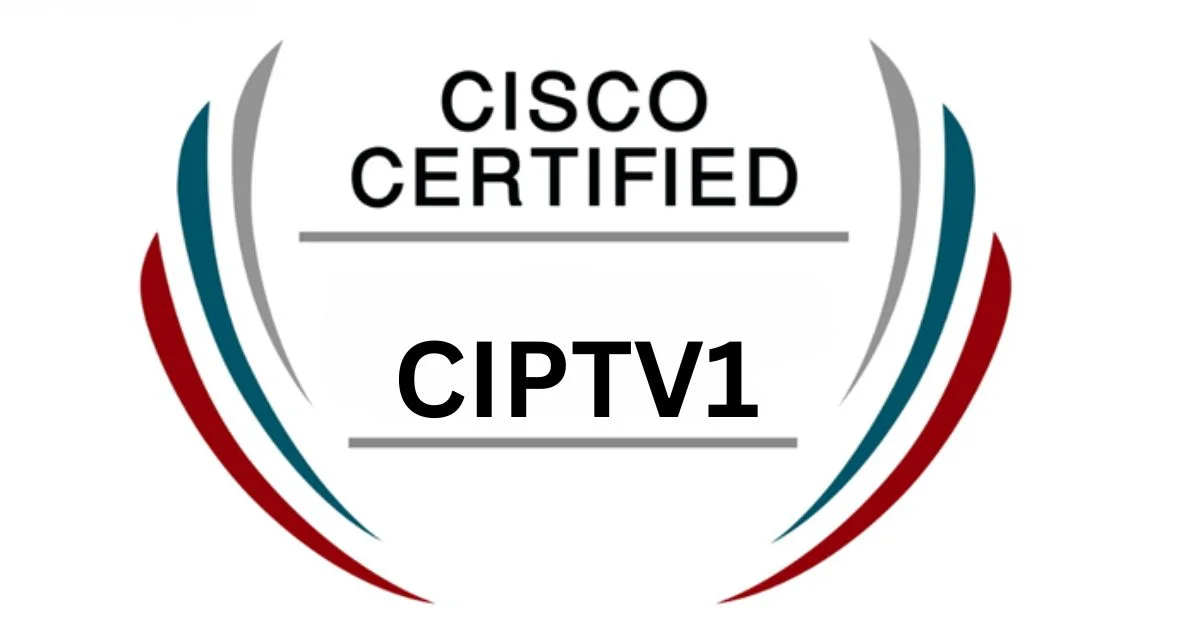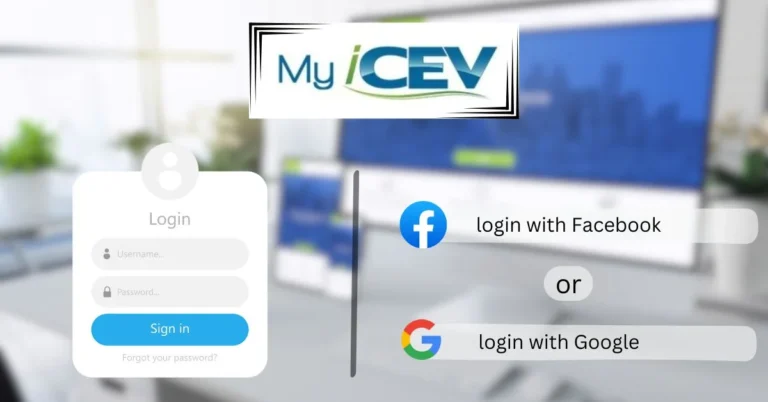Mastering CIPTV1—Your Gateway to Cisco Unified Collaboration
In today’s digital landscape, effective communication infrastructure is indispensable for the success of businesses worldwide. Cisco, a leading provider of networking solutions, has pioneered robust technologies in IP telephony and video communication. At the heart of Cisco’s offerings lies the Implementing Cisco IP Telephony & Video, Part 1 (CIPTV1) v1.0 exam,
a comprehensive assessment designed to evaluate learners’ proficiency in implementing Cisco Unified Collaboration solutions within a single-site environment. This exam serves as a benchmark for IT professionals seeking to validate their skills in deploying Cisco’s cutting-edge communication technologies. With its focus on Cisco Unified Communications Manager and associated technologies, the Certified Information Privacy Technologist exam plays a pivotal role in shaping the expertise of professionals in the realm of unified communications.
Understanding the CIPTV1 Exam
What is CIPTV1?
Certified Information Privacy Technologist is an exam conducted by Cisco that focuses on testing candidates’ ability to implement Cisco Unified Collaboration solutions. It evaluates their competency in configuring Cisco Unified Communications Manager, implementing gateways, and building dial plans for voice and video calls.
Exam Description
The Implementing Cisco IP Telephony & Video, Part 1 (CIPT) v1.0 exam is a comprehensive assessment designed to evaluate learners’ proficiency in implementing a Cisco Unified Collaboration solution within a single-site environment. With a duration of 75 minutes and comprising 65–75 questions, the exam covers various aspects related to Cisco Unified Communications Manager and associated technologies.
Exam Focus
The primary focus of the exam lies in testing candidates’ ability to configure Cisco Unified Communications Manager, implement gateways and Cisco Unified Border Element, and develop dial plans to facilitate both on-net and off-net voice and video calls. Additionally, candidates are required to demonstrate competence in deploying media resources such as voice and video conferences. Furthermore, an understanding of quality of service (QoS) principles is essential to ensuring that the network delivers the necessary quality for voice and video communication.
Read more About the Quality of service
Exam Content
The exam content is structured around specific topics that serve as guidelines for candidates preparing for the assessment. While the following topics are indicative of the content likely to be included in the exam, it’s important to note that other related subjects may also appear during the assessment. Moreover, the exam content guidelines are subject to change without prior notice for clarity and alignment with evolving technologies.
Exam Objectives
The primary objectives of the CIPT exam include:
- Configuring Cisco Unified Communications Manager
- Implementing gateways and Cisco Unified Border Element
- Building dial plans for on-net and off-net voice and video calls
- Utilising traditional numbered dial plans and Uniform Resource Identifiers (URIs),
- Implementing media resources for voice and video conferences
- Ensuring quality of service for voice and video calls
Key Topics Covered in CIPT
Cisco Unified Communications Manager Configuration
Candidates will be tested on their ability to configure Cisco Unified Communications Manager, which serves as the core component of Cisco’s IP telephony solution. This includes setting up user accounts, and devices, and implementing various features for efficient call management.
Gateways and Cisco Unified Border Element Implementation
Implementing gateways and Cisco Unified Border Element is crucial for facilitating communication between different networks. Candidates will need to demonstrate their expertise in configuring gateways to interface with traditional telephony systems and SIP trunks.
Dial Plan Implementation
Building a comprehensive dial plan is essential for ensuring seamless communication within an organisation. Candidates will be assessed on their ability to create dial plans for both on-net and off-net calls, incorporating traditional numbering schemes and URIs for addressing.
Media Resource Implementation
Media resources such as voice and video conferences play a vital role in collaborative communication. Candidates will need to showcase their proficiency in implementing and managing media resources to support various communication needs.
Quality of Service (QoS) Implementation
Maintaining high-quality voice and video calls is imperative for a successful communication system. Candidates will be evaluated on their understanding of QoS principles and their ability to implement QoS mechanisms to prioritise voice and video traffic on the network.
Conclusion
To sum up, the CIPT exam serves as a cornerstone for IT professionals looking to enhance their proficiency in deploying Cisco IP telephony and video solutions. Through its comprehensive evaluation of candidates’ skills in configuring Cisco Unified Communications Manager, implementing gateways, developing dial plans, deploying media resources, and ensuring quality of service, the exam sets a high standard for excellence in the field of unified communications. By successfully passing the CIPT exam, individuals demonstrate their capability to effectively deploy and manage Cisco’s Unified Collaboration solutions, thereby positioning themselves as valuable assets in today’s dynamic business environment.
FAQs
How should I prepare for the CIPTV1 exam?
It is advisable to review the Cisco-provided official exam topics and use tools like study guides, practice tests, and hands-on labs for thorough preparation for the CIPTV1 exam.
What are some recommended study materials for the CIPTV1 exam?
Some recommended study materials for the CIPTV1 exam include official Cisco certification guides, online training courses, and practice exams available on Cisco’s website or authorized training centres.
Can I take the CIPTV1 exam online?
Yes, Cisco offers online proctored exams for the CIPTV1 certification. Candidates can schedule their exam through the Cisco certification portal and take it from the comfort of their home or office.
Is prior experience with Cisco Unified Communications Manager required for the CIPTV1 exam?
While prior experience with Cisco Unified Communications Manager is beneficial, it is not mandatory for taking the CIPTV1 exam. However, candidates should have a strong understanding of IP telephony concepts and networking fundamentals.
How long is the CIPTV1 certification valid?
The CIPTV1 certification is valid for three years. To maintain certification status, candidates must recertify by passing a current exam or participating in continuing education activities.







